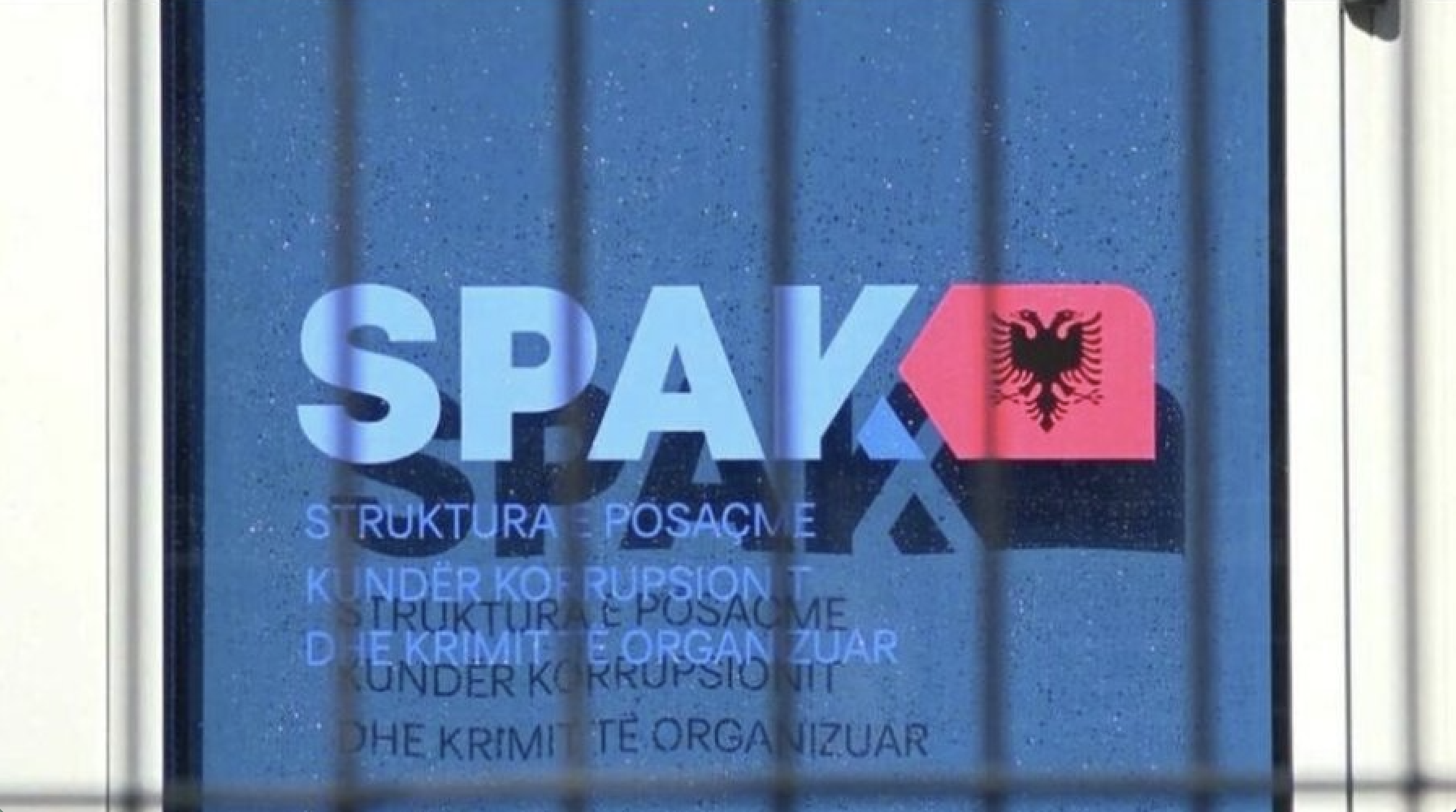SPAK Chief defends electoral crime task force amid growing backlash

The head of the Special Anti-Corruption Structure (SPAK), Altin Dumani, responded to growing criticism and alarm over the agency’s newly launched Strategy for the Investigation and Prevention of Electoral Crimes. Speaking at a conference organized by civil society on electoral standards, Dumani emphasized that the task force will operate fully within legal mandates and stated that “no one should fear SPAK if they are doing their job lawfully.”
Why is this important: The SPAK strategy is the latest move by the institution to ignite intense political and legal debate over the boundaries of its authority. While some civil society actors have expressed support, the task force—set to deploy prosecutors and investigators in the field during the electoral campaign—has drawn sharp criticism from politicians and jurists who argue it constitutes an overreach into political affairs and an infringement on citizens’ political rights. Prime Minister Edi Rama has openly opposed the initiative, calling it a “lapse in judgment” and insisting that political parties cannot be placed under surveillance during an election period. Others have pointed out that surveillance and prevention fall within the constitutional mandate of the police and intelligence services, not prosecutors.
Context: The Prime Minister was the first to lash out at SPAK. He warned that the fight against electoral crimes should be conducted within constitutional boundaries, without interfering with political freedoms. Many legal experts share these concerns, arguing that sending prosecutors into the field during the campaign is unprecedented and blurs the line between law enforcement and political oversight. Meanwhile, SPAK maintains that its task force is a necessary measure and notes that Parliament itself recommended in 2024 that SPAK take a proactive role in election crime investigations.
The opposition has also dismissed SPAK’s efforts, arguing that the agency has failed to act on existing election crime allegations. Opposition leader Sali Berisha accused SPAK of selectively ignoring evidence, claiming that if the institution were serious, it should have arrested Prime Minister Rama for holding what Democrats called an illegal campaign rally with municipal employees.
Dumani, addressing these criticisms during the conference, directly responded to the Democratic Party representative present at the event, stating:
“We will not interfere in the election campaigns or political gatherings of any party.”
The Strategy: The Strategy for the Investigation and Prevention of Electoral Crimes introduces several key measures:
· Deployment of prosecutors and BKH (National Bureau of Investigation) officers to 61 municipalities and 12 regions to monitor and investigate potential election-related crimes in the lead-up to the May 11parliamentary elections.
· On-the-ground verification of reports concerning the use of public administration and state resources in election campaigns.
· Closer scrutiny of vote-buying schemes, an issue long identified as a major election concern.
· Oversight of diaspora voting, which SPAK acknowledges as a logistical and legal challenge due to potential risks of fraud and manipulation.
Despite criticism, SPAK insists that its mission is not political but a safeguard against election fraud, ensuring a fair and transparent voting process. However, as political tensions rise, the task force’s implementation is expected to remain highly contentious.
What’s next: The debate over election monitoring is the latest episode in an escalating face-off between SPAK and politics over the extent to which SPAK is overstepping its authority and constitutional mandate. The controversy surrounding the arrest of Tirana Mayor Erion Veliaj has made the tensions explode into the open and the controversy shows no signs of fading. Now, both the Democrats and Socialists agree on the need that the present situation cannot continue, although they take sharply opposing stances. The Democratic Party has made its uncompromising hostility toward SPAK clear, vowing to dissolve the institution if it wins power. Meanwhile, the Socialist Party has reaffirmed its support for SPAK but has also stressed the need for serious intervention to ensure that the institution upholds constitutional and democratic standards in its pursuit of justice.


